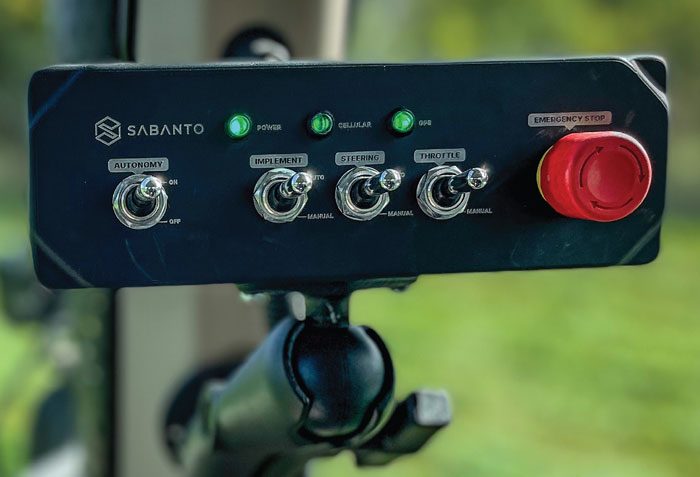A good number of dealers plan to invest in autonomy over the next 2 years, according to the 11th annual Precision Farming Dealer Benchmark Study. 30% said they’re very likely to invest in autonomy and 39% said they’re somewhat likely. 17% said it’s somewhat unlikely they’ll invest in autonomy and 13% said it’s very unlikely.
The survey also asked, “How will autonomous machinery impact your dealership in the next 3 years?” Here’s how dealers across the U.S. and Canada responded:
“I don’t think it will have much impact on sales, but the next 3 years will be pivotal in learning how autonomous machinery can benefit customers in our area the most.”
“I feel like the impact is 5-10 years away.”
“I don’t think it will have an impact yet. Most farmers I talk to are not ready to trust it. And a big hurdle right now is the lack of quality cell signal for the machine if it needs it.”
“Grain cart automation will grow, but the pricing will limit adoption. Combine automation is huge.”
“Depending on OEM, we will likely have to add personnel and training to help customers and our dealership adapt to this technology.”
“It will keep technicians on call longer and more frequently. Increased revenue and cost within dealership.”
“It depends on the definition of autonomy. If we’re talking full, unmanned autonomy, it probably won’t have a big impact. I think it’s something to watch but it probably will be 10-15 years before we see marketed products widespread.”
“I’m not concerned in my area. We are farther out. Maybe drones will have an impact.”
“Very low impact."
“It won’t have an impact.”
“Because of smaller field sizes in our region, we will most likely have just a few machines where it makes sense.”
“It will be a big part of our future.”
“Full on autonomous machinery, not so much, but partial autonomy will play a big role over the next 2 years.”
“Massive impact.”
“Drones will have a big impact, but not much else.”
“I don’t see autonomy gaining hold very quickly in our region.”




![[Technology Corner] Discussing AI’s Potential Impact on Service & Support](https://www.precisionfarmingdealer.com/ext/resources/2025/04/11/Discussing-AIs-Potential-Impact-on-Service--Support.png?height=290&t=1744385717&width=400)


